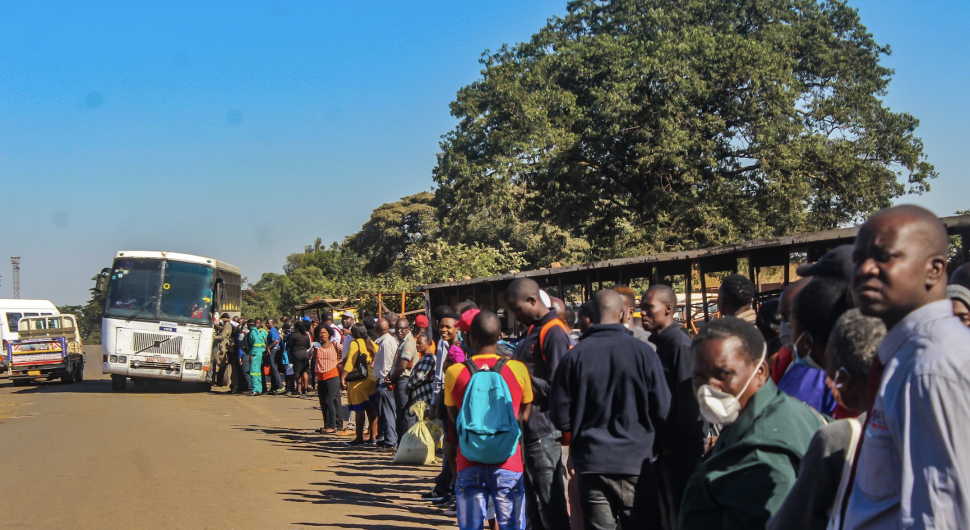The Covid19 pandemic has brought about so many changes in the social and economic activities of most, if not all countries around the world. The transport sector has been one of the hardest hit industries globally. According to the World Bank the Airlines may lose close to US$113B in the year 2020. Travel restrictions, lockdowns and commuters completely avoiding travel during the pandemic have grounded flights, and parked buses and minibuses. The use of Public Transport has been very limited, Fas people have been required and encouraged to stay home.
To prevent the spread of Covid19 in Zimbabwe, the Zimbabwean government imposed nationwide lockdown measures in late March when there were as few as 3 known positive cases of Covid19 in Zimbabwe. As of June 2020, Zimbabwe is currently on level 2 of its lockdown restrictions. On May 16, 2020, The President of Zimbabwe Emmerson Dambudzo Mnangagwa announced the easing of Covid19 restrictions to the current level 2. He emphasized the need for increased testing, and contact tracing to help curb the spread of the virus. During the same announcement, he stated that the country will be on Level 2 for an indefinite period, which will be reviewed after every 2 weeks. While the country is on Level 2 lockdown, Privately-owned Public Transport Operators are barred from operating their vehicles, except if they join the Zimbabwe United Passenger Company (ZUPCO) franchise. ZUPCO is a government owned Public Transport Company. This presents several challenges to the Public Transport Industry in Zimbabwe.
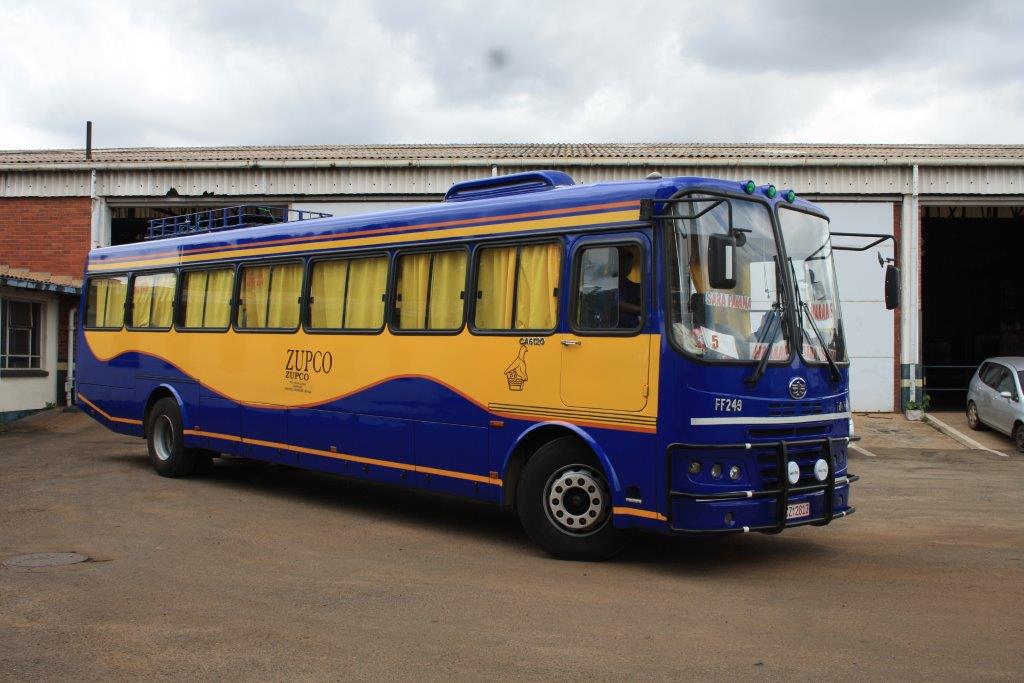
Can ZUPCO Deliver?
On their website, ZUPCO claims to operate over 521 Buses, over 42 Coasters and over 534 omnibuses/minibuses, serving the whole of Zimbabwe. There are over 200 000 registered Public Transport vehicles in Zimbabwe. As such, there is a huge shortage in the number of ZUPCO buses currently ferrying commuters. Therefore, people who have resumed work during lockdown are struggling to commute to and from work. On May 8, 2020, The Chronicle newspaper reported that people were struggling to commute to work. The report highlighted the need for ZUPCO to improve their service delivery when the government reverts back to a normal public transport sector.
Banning private operators has proven to undermine lockdown regulations imposed by the government itself. ZUPCO is struggling to meet demand. This is evidenced by the long queues at bus stops and termini across all the major cities and towns in Zimbabwe. Commuters wait for longer periods of time for ZUPCO buses to pick them up. These long queues are potential hotspots for Coronavirus and could potentially lead to the spread of the virus. While most people are required to wear facial masks in public spaces, there is barely any physical distancing in these Public Transport queues. There is need for Government to bring back commuter omnibuses from the three Public Transport Associations: Tshova Mubaiwa Transport Corporation, Bulawayo Public Transport Association (BUPTA) and Bulawayo City Transit (BCT) to complement the ZUPCO scheme which is now oversubscribed.
Tinashe Chimusoro, the Chief Marketing Officer for Pamushana Africa Transport, a Public Transport company based in Harare, argued that there are pros and cons for Minibus operators to join the ZUPCO franchise. The main advantage is receiving hustle-free fuel from ZUPCO for their operations. However, operators must service their own vehicles, which could be a challenge without the assistance of ZUPCO.
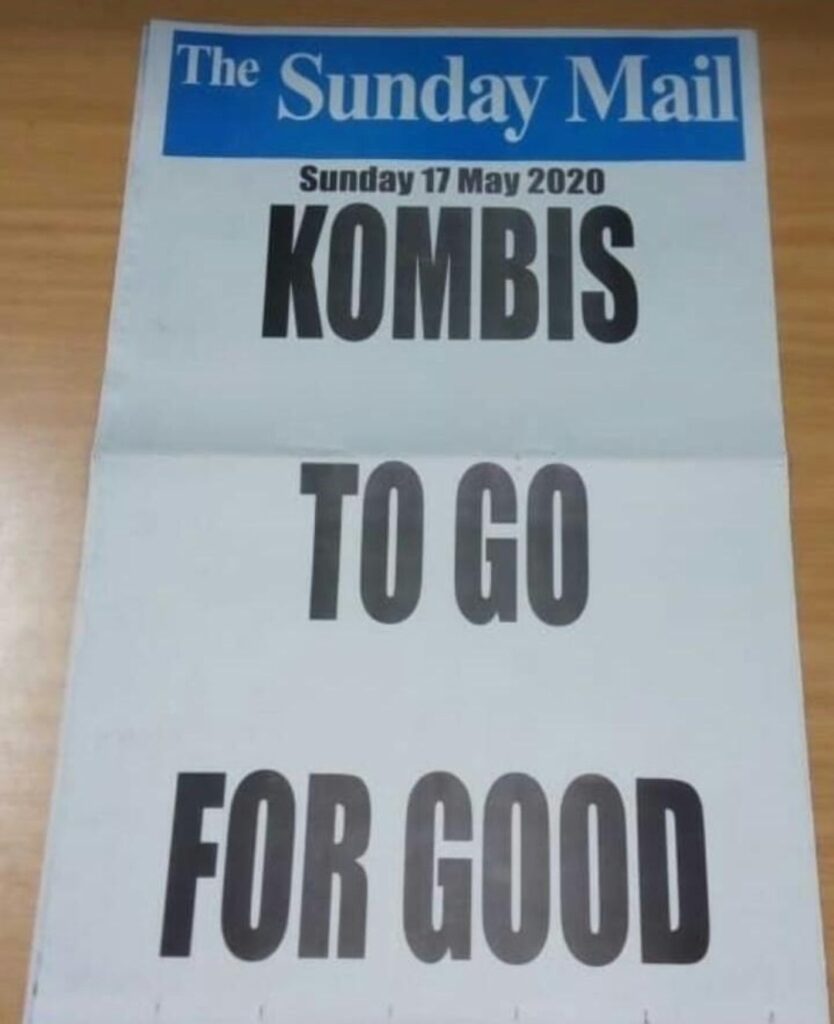
Monopoly fears
While the ban on private commuter omnibuses during the COVID-19 induced lockdown continues, only ZUPCO and privately-owned commuter omnibuses contracted under its franchise can operate. It is not immediately clear why the government has resorted to banning privately owned Public Transport. Some suspect that the government does not trust that Public Transport Operators will sanitize their vehicles multiple times a week, carry hand sanitizers, and enforce physical and social distancing while transporting people during the Covid19 pandemic. Private Operators, whose vehicles have been grounded since March 2020, suspect a more prosaic matter. They suspect the government is trying to phase them out completely. This has become a worrisome issue as some operators think the government is clandestinely creating a ZUPCO monopoly.
It has been long established that oftentimes as monopoly grows, innovation, and quality customer service suffer. A good Public Transport industry is characterized by many competing Operators, exhaustive and accessible routes, short bus stop wait times and transit times, safe and road worthy vehicles, quality customer service, differentiated options for commuters, and affordable fares. All these are under threat under a monopoly, Prior to its reemergence in early 2019, ZUPCO nearly collapsed a decade earlier. Its operations declined as it failed to cope with competition, following the regularization of the urban transport sector, and the increase of privately owned mini-bus services in the informal market.
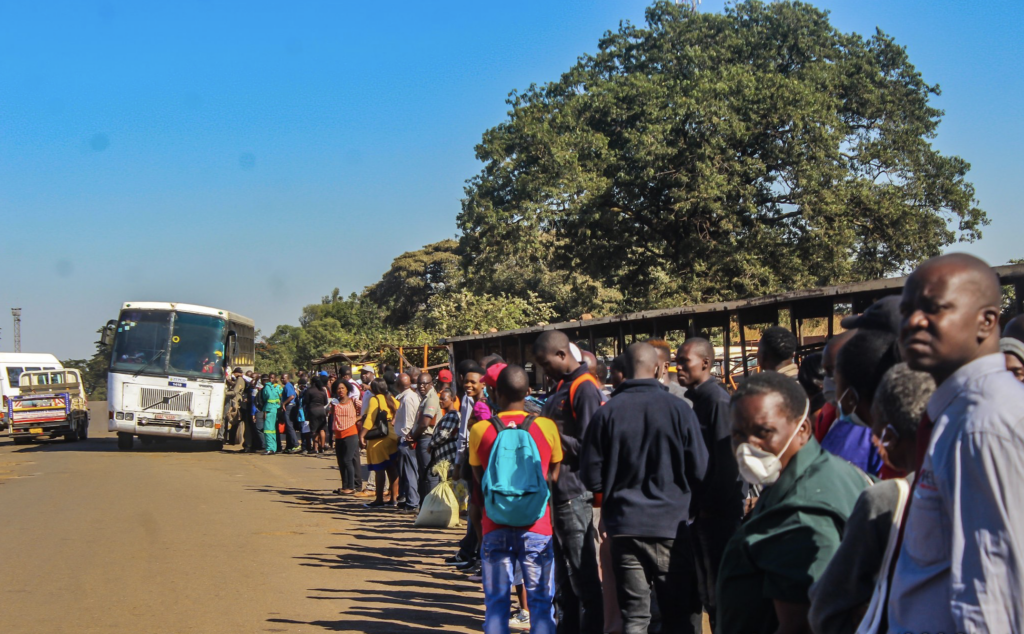
Legal Questions.
The decision by the Zimbabwean government to ban Privately Owned Public Transport Operators from conducting their business under level 2 of the lockdown, has left many in the Public Transport Industry thinking about the legality of these measures.
Fadzayi Mahere, a prominent lawyer in Zimbabwe posted on her twitter that the Zimbabwean Government’s decision to indefinitely ban privately-owned public transport vehicles unless they join the ZUPCO franchise can be challenged in court. Hinting that enforcing a monopoly potentially exhibits some anti-competitive practices on the part of the government, which wholly owns ZUPCO.
“Dear Combi Operators
Please invoke the Competition Act to challenge the attempt by the Govt to create monopoly in the Public Transport Sector. The Attempt to phase you out is also a breach of s68 of the constitution which requires the Government to act lawfully, reasonably and fairly”.
Tshova Mubaiwa, a Bulawayo based Public Transport Co-Operative or Union, that has about 1650 Minibuses, has since taken the government to court over the indefinite ban of Privately-owned Public Transport during the lockdown. On June 1, 2020, Pindula News reported that this challenge in the High Court is an “application to review and set aside section 4(2)a of the Public Health (Covid-19) Prevention Containment and Treatment Order of 2020”. The matter is still pending in court.
Private Operator Businesses
Privately-owned Public Transport Operators are small to medium enterprises that operate in the informal sector. They usually have a small fleet of vehicles ranging between 1-10. The vehicles include 15-seater minibuses, 32 seaters vans and sometimes buses. Quite often the owners of these businesses have full time occupations and hire drivers to drive their vehicles during the day while they are busy with their professions or other economic activities. Purchasing these vehicles, procuring the required licensing and permits presents is a significant investment for these small business owners. Indefinitely banning their operations will significantly affect the Public Transport Industry and lead to massive losses for these small-scale Operators.
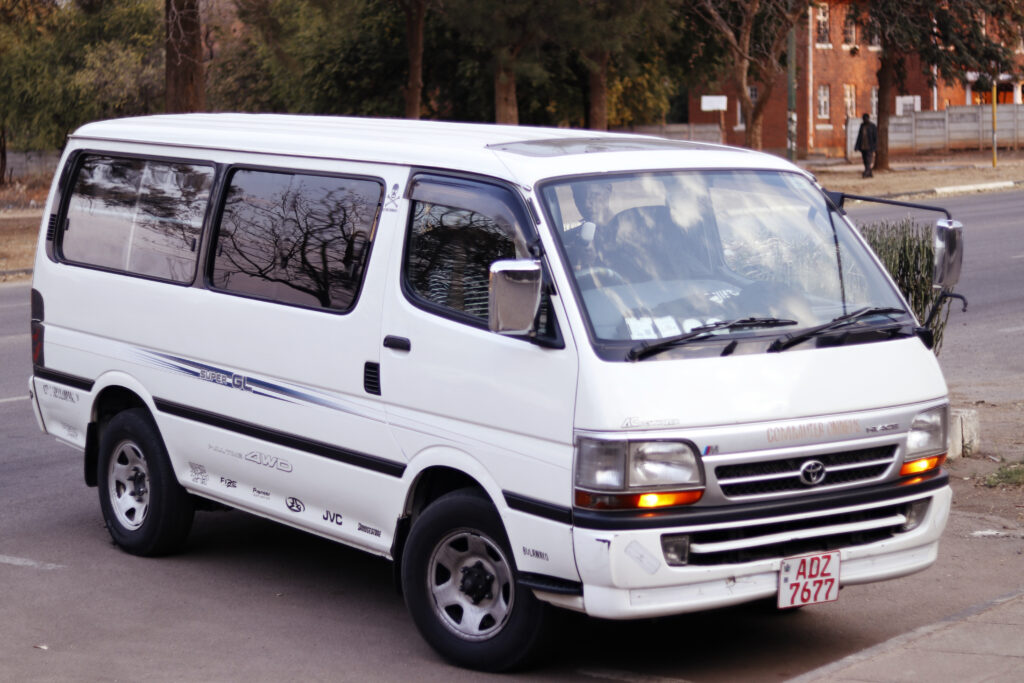
Exploring Potential Solutions
While allowing Privately-owned Public Transport Operators might seem to be a solution that leaves everyone happy, at face value, Public Transport Operators will still have to face stiff competition from ZUPCO. Competition is good for the Public Transport Industry, it encourages affordable prices, quality customers service and varied transit options for commuters. The commuter will benefit the most from a competitive environment.
As of June 27, 2020, a ZUPCO bus currently costs about ZWL$8 for intracity trips, which is approximately equal to US$0.10. Privately owned Minibuses were charging an average of US$0.50 for intracity trips. ZUPCO is subsidized by the Zimbabwean government, as such they are charging very low trip fares. This price competition was already presenting a challenge for Privately owned Minibuses prior to the initial announcement of lockdown measures in late March 2020. Competing with ZUPCO’s subsidized pricing does not make much sense when you look at the unit economics of running a Public Transport Business. As such Privately owned Public Transport Operators can compete on other metrics that include service availability, reliability, access to remote areas that are otherwise inaccessible to ZUPCO, shorter wait times, home delivery, shorter ques at stations. ZUPCO and privately-owned Operators should complement each other. A good solution to the prevailing situation is one that puts the commuter first, while still ensuring that people can commute to and from work safely and at a low risk of contracting Coronavirus.
For privately owned Public Transport vehicles to return to the streets during the COVI19 pandemic, Public transport operators are proposing several changes to the way they are conducting their businesses. Lewis Magamba a Public Transport and Safari Operator from Victoria Falls suggested that Operators should sanitize their vehicles multiple times a week and ensure social distancing within their vehicles by only ferrying a small number of passengers at a time. “We can disinfect our vehicles at least twice a day, equip our drivers with PPE (Personal Protective Equipment), carry sanitizers in the car and ensure 2 people per seat instead of 4”, he said passionately. If private operators are willing to incur the cost of keeping commuters safe and preventing the spread of Covi19, they ought to be allowed to operate.
What now?
These are trying times. Covid19 has ravaged economies and killed many people globally. As governments across the world are thinking about effective ways of reopening their economies, they must strongly consider safe ways of allowing Public Transport to operate. The importance of allowing different and multiple Public Transport Operators to continue operating during lockdown should prioritize the people. Giving more transport options to essential workers and people who have been allowed to return to work can reduce the burden on ZUPCO and reduce overcrowding at Bus stops and Bus Rank. Decongestion will reduce the chances of people spreading the virus to each other. The situation is Zimbabwe is not unique. Most African countries are struggling to answer the same question. Should we allow privately owned Public Transport back on the streets and with what regulations?

